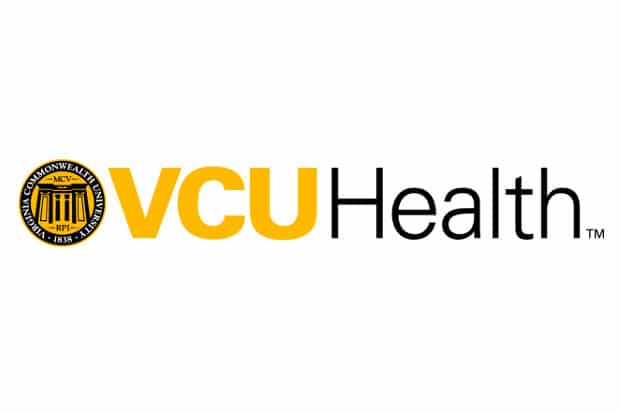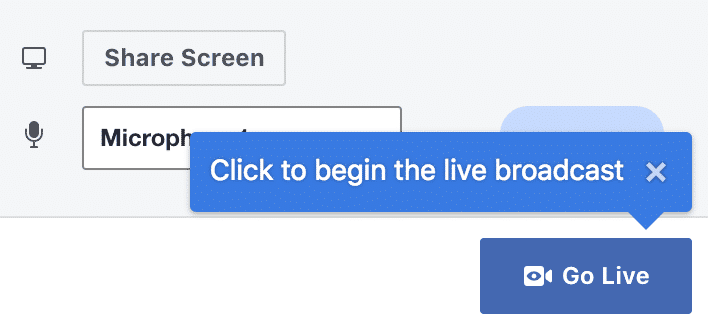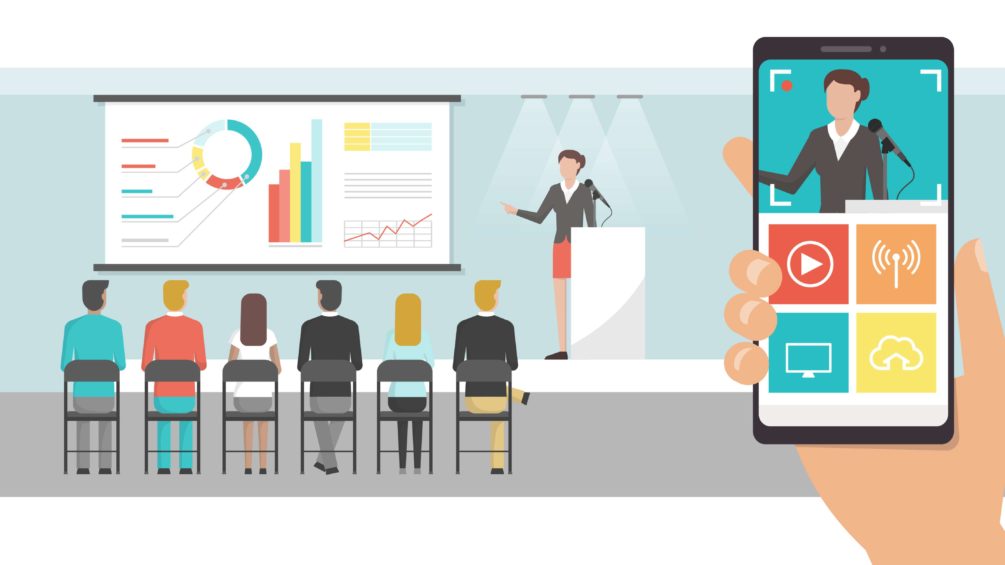[PODCAST] Facebook Live: Opportunities for Healthcare Marketing Beyond Point-and-Shoot
 SHSMD 2018 produced a stellar lineup this year. One of the presentations I was most excited about came from the communications team at VCU Health, a health system that’s doing amazing things with its social media—particularly with Facebook Live.
SHSMD 2018 produced a stellar lineup this year. One of the presentations I was most excited about came from the communications team at VCU Health, a health system that’s doing amazing things with its social media—particularly with Facebook Live.
In case you missed the presentation, here’s some good news: I spoke with Anne Dreyfuss, Public Relations Specialist at VCU Health System, and Keith Kaufelt, Social Media Specialist at VCU Health System to get the scoop on their fascinating presentation, “Facebook Live: Opportunities for Health Care Marketing Beyond Point-and-Shoot.”
Press play to hear the podcast or read on to get my recap.
Facebook Live: A Brief Primer
Facebook Live is a feature of the social media platform that allows anyone to broadcast live video to their feeds. Many businesses utilize Facebook Live to feature an event. As an event happens, someone might simply prop up a camera in the corner of the room and start recording.
VCU Health takes a different approach. Anne Dreyfuss explains that it’s important to think of the strengths of live streaming before turning on the camera. In fact, the VCU Health team often builds events around Facebook Live to ensure their audience truly benefits from their content (more on this later).

“The content streams are channels that we’ve developed specifically with live streaming in mind,” Dreyfuss says. “We didn’t have something already planned and then simply put a camera in front of it. We thought: what are the strengths of live streaming? And how can we build on that from a marketing standpoint?”
Facebook Live: The Stats
Facebook Live is a brilliant way to break through and reach an audience—more so than with pre-recorded video. In fact, as Anne Dreyfuss explains in our podcast, Facebook favors live video within its algorithm over nearly all other types of organic content.
A declining organic Facebook reach has made it necessary for businesses to use paid advertisements to reach specific audiences. VCU Health certainly takes advantage of these paid ads, but they’re able to reach a surprising amount of people through live video alone. Despite its emphasis on friends and family first, Facebook notifies users when someone is starting a live video in the corner of their feeds.
In addition, according to Facebook’s own statistics, live video far outperforms stagnant content. Some stats from Facebook that Dreyfuss shared with me:
- 90% of shared content on Facebook comes from video;
- Users watch live videos for 3x longer than pre-recorded videos;
- Users comment on live video 10x more than on pre-recorded video.
Healthcare Audiences React to Engaging, Interactive Content
If you want to get ahead on social media while minimizing your budget for paid advertisements, engagement is key. The advantage of live video is that an audience can like and comment as someone is speaking, and the speaker can respond directly to questions as time permits.
VCU Health has 22,000 likes and followers, something they’ve built through various white-hat methods—but they credit a lot of that growth to simply offering engaging content. Here’s what the team has learned about providing value to their audiences:
- The team emphasizes a “live-streaming-first mentality.” In other words, don’t simply turn on the camera during an event; plan interviews, demonstrations, and even events around the possibilities of live streaming.
- It’s also important to focus on the benefit to the viewer, rather than hard selling. Live videos are a way to build awareness; to remind the audience you’re a source for helpful information.
- On a platform where users can be overloaded with advertisements, try to keep your content light and conversational. As Keith Kaufelt puts it, “We want to be a welcome intruder in people’s social spaces.”
- Eliminate background noise and make sure lighting is solid before shooting. However, keep in mind that you don’t need the latest and greatest tech to shoot live Facebook video. While Keith and Anne highlight some great tools in their SHSMD presentation, they note that authenticity is preferable to a perfectly polished look.
Facebook Live for Healthcare: Content Ideas
So what kind of content should a healthcare business share on a public Facebook profile? Of course, it depends on your areas of expertise or your primary service lines. A good place to start is by discussing timely news topics that position your staff as leaders in that area.
For example, VCU Health’s first foray into Facebook Live was an interview with their Chair of the Division of Infectious Diseases. At the time, people were very concerned about Zika virus, so the discussion prompted a lot of interest.
If you want to expand your reach, Keith and Anne recommend using tagging and hashtags. For example, they’ll tag the American Heart Association for an interview about cardiology, or use popular hashtags.
Interviews on timely news topics position your leaders as experts in their fields, and help to present experts in a casual setting that helps prospective patients to feel comfortable. But that’s not the only way to engage an audience. Here are some potential launching points we went over in our interview:
- Interviews
- Demonstrations
- Community partners
- Behind the scenes
- Events
Is Facebook Live for Healthcare Worth It?
Facebook Live has produced some outstanding results for VCU Health. However, that doesn’t mean it’s the best ongoing strategy for every organization. It’s important to set KPIs (key performance indicators) to determine the success of your social media efforts and decide where to commit your time and money.
For VCU Health, there are 3 main KPIs used to measure effectiveness:
- Earned Media - Kaufelt and Dreyfuss say that Facebook Live often helps to boost their earned media. Whereas a journalist might be hesitant to cover certain events, they often change their mind after seeing a live video of that event, and may even share it on their own social media pages. Facebook Live is also a great way to pitch an idea to a media channel, or to show how a doctor reacts on live video before a major news interview. The team has been able to see greater ROI with their earned media coverage.
- Engagement - The more likes, shares, and comments a video receives, the more awareness it may bring to your organization.
- Linking Strategies - Typically, explains Kaufelt, the team is more focused on engagement and earned media coverage than on tracking links. Occasionally, however, an engaging live video can take a prospective patient on a journey, leading them to a landing page that may lead to an appointment.
Thanks so much to Anne Dreyfuss and Keith Kaufelt for the interview. Check out the full podcast here, and find VCU Health’s Facebook page here.
For more information about expanding your healthcare social media strategy, give our team a call at 800-656-0907.
Related Articles:
Using Doctor Marketing Strategies to Leverage Facebook Live
9 Healthcare Marketing Podcasts You Can’t Miss
5 Surprising Facebook Tips for Healthcare
Engaging Facebook Videos: 5 Essentials for Savvy Social Media
Introducing Facebook Canvas and Other Healthcare Marketing Pulse Points









